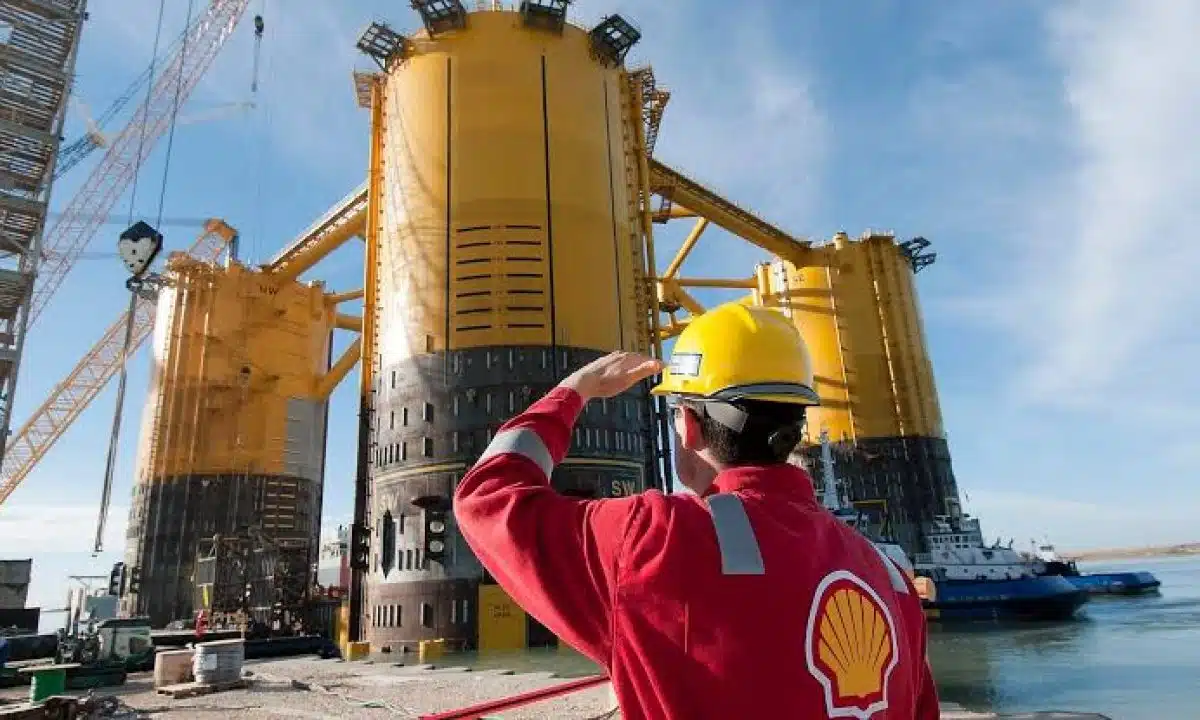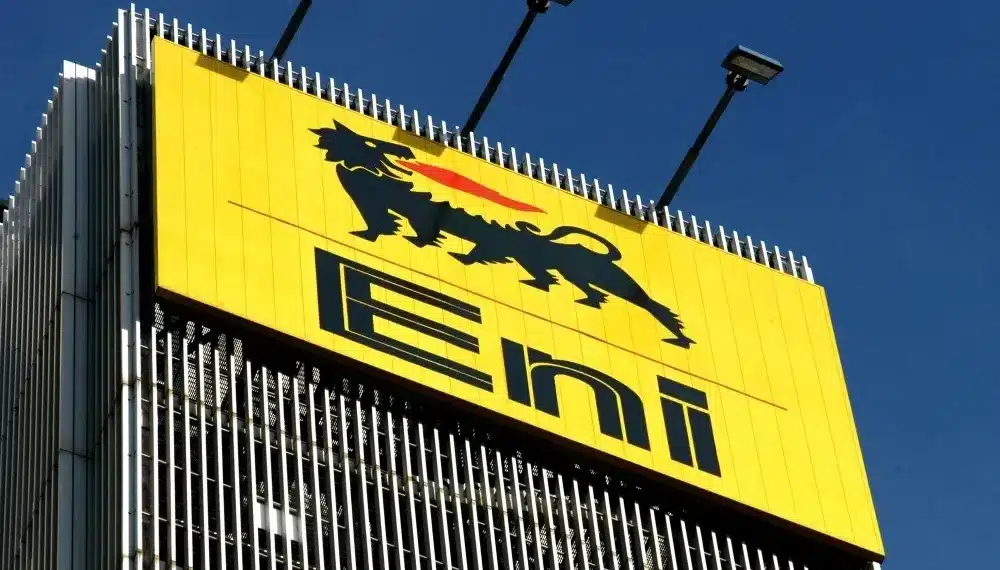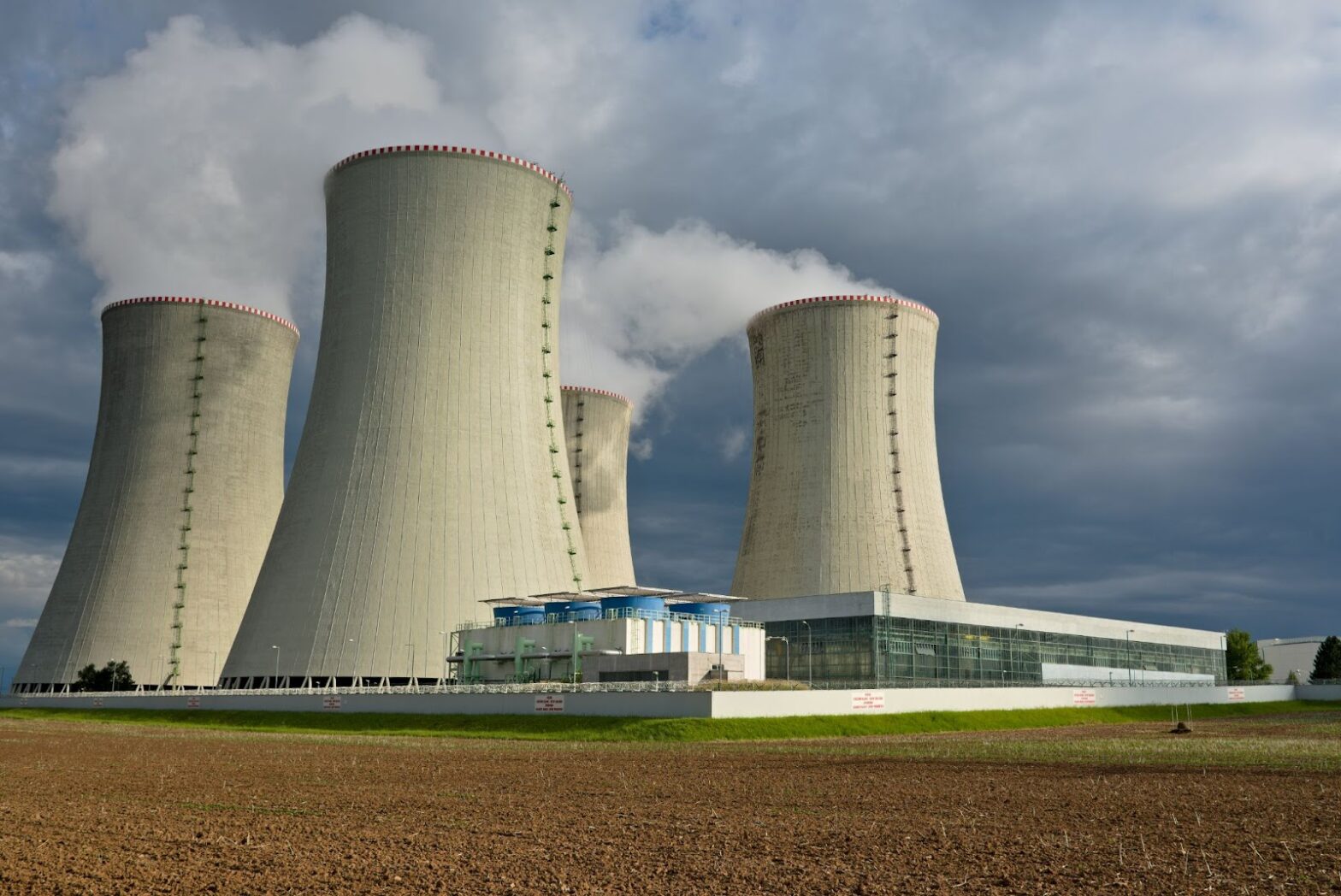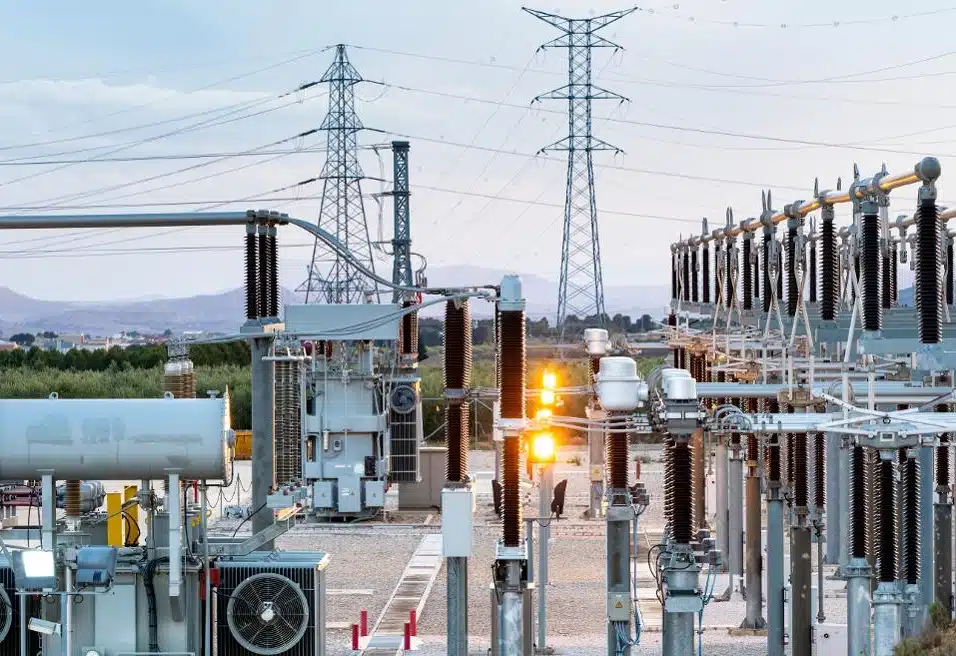The Nigerian Upstream Petroleum Regulatory Commission (NUPRC) has announced plans to award 220 oil blocks across the country’s onshore and offshore basins in its latest licensing bid round.
This will include 59 blocks in deep offshore areas, which the commission says are central to its strategy to expand oil and gas production.
The commission said the blocks will be transferred to license holders after the completion of the bid process and fulfilment of all licensing conditions.
The allocation covers deep offshore, shallow offshore, and several inland basins, which are part of Nigeria’s untapped hydrocarbon reserves.
Breakdown of available oil blocks
According to the African Energy Council, the 59 deep offshore blocks account for the largest share of the available oil blocks.
This is followed by 41 open blocks in the Benue Trough, 40 in the Chad Basin, and 28 in the Sokoto Basin.
In the Bida Basin, 16 blocks are awaiting allocation, while the Anambra Basin has 13.
The Benin Basin and the onshore Niger Delta each have eight unlicensed blocks, while the offshore Niger Delta has seven.
The NUPRC said its aim is to use a cluster and nodal development model for the offshore and deep water areas.
This model will allow companies to share infrastructure, adopt joint development strategies, and optimise field operations.
Link between licensing and production growth
Nigeria’s oil production reached 1.8 million barrels per day (bpd) in July 2025 under the “Project One Million Barrels Per Day Initiative.”
The commission has been working to improve production efficiency through measures such as coordinated maintenance and better produced water management.
On the environmental front, the commission has launched a seven pillar Upstream Oil and Gas Decarbonisation and Sustainability Framework.
It said the framework will help cut emissions and attract investment by enforcing rules on gas flaring, venting, and methane emissions.
NUPRC Commission Chief Executive, Gbenga Komolafe, said the cluster model offers a chance to increase output and attract long term capital.
“There is a need for collaboration to scale up exploration efforts, increase daily production, and ensure responsible development of Nigeria’s hydrocarbon resources,” he stated.
On his part, Executive Commissioner for Development and Production, Enorense Amadasu, said the approach is aimed at removing technical and operational obstacles in offshore development.
“We are co creating workable solutions and implementable outcomes that will drive offshore development for mutual benefits,” he said.
Push for long-term investment
The commission said advancing deep and shallow offshore fields is part of its plan to develop marginal and stranded assets.
It added that this will help sustain production and support President Bola Ahmed Tinubu’s goal of revitalising the oil and gas industry.
The regulator also said it plans to integrate technology into exploration, development, and production activities.
This will include digital tools to support decarbonisation and emission reduction.
The NUPRC explained that its development plan will balance energy security, environmental responsibility, and economic growth.
It added that the licensing round is designed to make Nigeria’s upstream sector more competitive in attracting investment.









